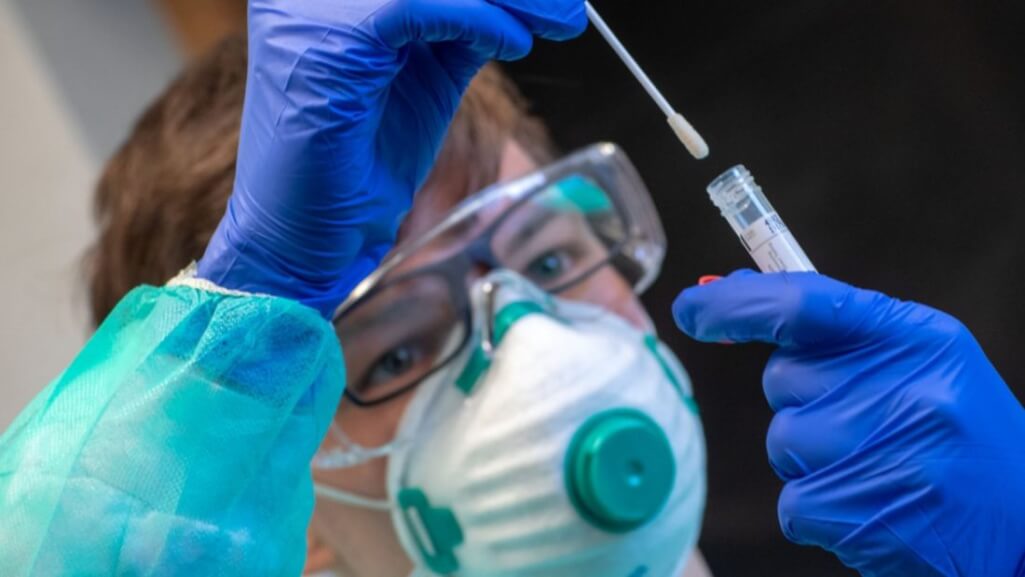The grand coalition plans to launch another legislative package to contain the coronavirus pandemic. The number of corona tests are to be increased up to four and a half million per week. Apparently, people who do not show symptoms of COVID-19 disease should be able to be tested in the future. Such comprehensive studies are intended to enable the gradual return to normal economic life. For health insurers, these additional tests could cost between one and 1.5 billion euros a month.
Veterinarians should also be able to use their laboratories to evaluate tests in the event of an “epidemic situation of national importance”, as is now the case. In addition, larger stocks of vaccines are to be procured for the next influenza season expected in autumn.
Federal Minister of Health Jens Spahn (CDU) had already announced on Monday that the 375 health offices nationwide should also be better equipped. You have primary responsibility for infection control and have long been considered underfunded. The draft now estimates up to 150,000 euros from the federal government for each office, making a total of around 50 million euros.
More security for privately insured people in financial difficulties
The federal government, the federal states, and the municipalities are to spend another 15 million euros on sick people from neighboring European countries. These are mainly intensive care patients who should be treated in German clinics due to insufficient capacity in their home country.
As with the law in March, the implementation of this draft would grant the federal government further powers over the federal states. For example, the coalition wants to lay down stricter reporting requirements for suspected cases and illnesses and also make it possible for data such as test results to be reported to the Robert Koch Institute.
With the package, the CDU, CSU, and SPD also want to protect privately insured people in financial difficulties. The coalition estimates that around one million of them are at risk of slipping into the basic tariff. They should get a right to return to their current tariff “without a new health check”. People who are dependent on care should also have easier access to financial aid. Above all, those who are cared for at home should be able to save the money they receive from the long-term care fund in the future.
Because of the coronavirus pandemic, the clinics have invested heavily in intensive care capacities and have vacancies. At the same time, surgeries and other treatments were postponed, causing loss of revenue. Compensation payments have already been decided for this, and further measures are now to be added – among other things, relaxation of the otherwise usual requirements for the accounting check.














